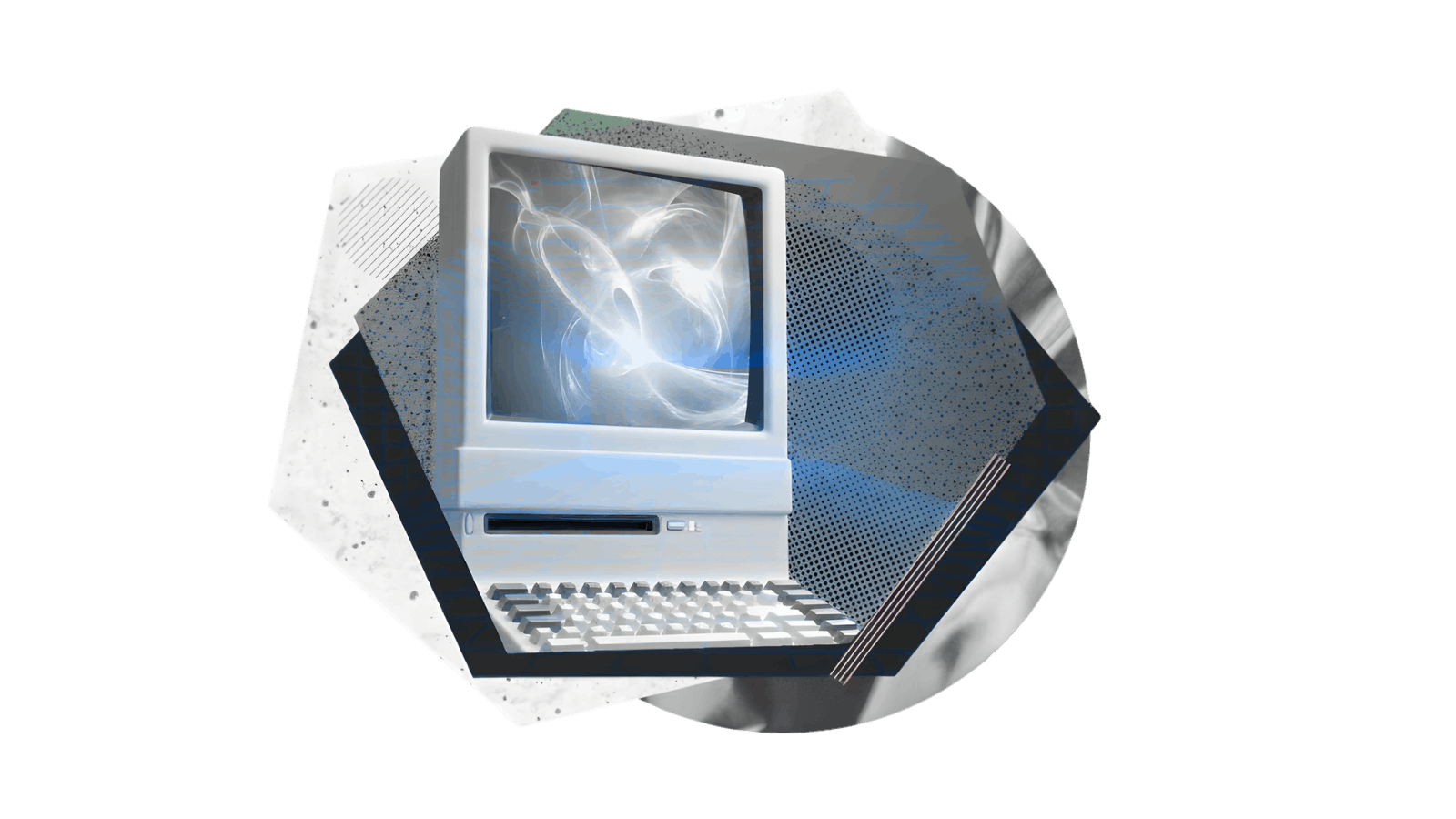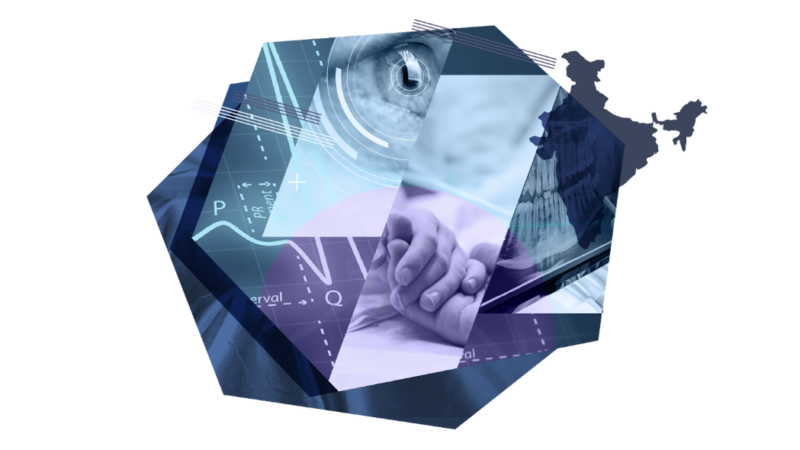Clarity Money’s CEO Adam Dell on ambition and being an entrepreneur after a long career as an investor
Adam imparts wisdom for founders on the benefits of leveraging neuroscience, why UX is critical in a digital-first world, and how Asia provides a glimpse into the future personal finance management.
Many great founders try a second act as investors -- often leveraging the wealth created through the success of their own startup to invest in others. However, it’s rare for an individual to transition from a successful investor to a startup founder. Adam Dell is among the few to have carved such an unconventional path.
Instead of setting out to start a company, Adam has always identified sectors he thinks will change fundamentally by virtue of technology—regardless of the role he’ll play in it. “If I could find a company to invest in,” says Adam, “I would place a bet there. And if I couldn't, I would just start something myself.”
Adam’s success as an investor-founder hybrid is not the only thing that makes him newsworthy. His relationship with Top Chef judge Padma Laskshimi is another—which frequently lands him media attention. He’s also the younger brother of Michael Dell—founder and CEO of Dell Technologies, an association that he admits can cast a long shadow.
But Adam has achieved tremendous success of his own, including founding four companies—the latest of which, Clarity Money, was acquired by Goldman Sachs for $100 million in 2018. Today Adam wears three titles—founder and CEO of Clarity Money, Head of Product at Marcus by Goldman Sachs, and Partner at Goldman Sachs. In this episode of This Is Series A, Adam opens up about the switchbacks he’s traversed throughout his career and the pearls of wisdom he’s collected along the way.
Leverage behavioural economics to motivate desired actions in your software
Adam is fascinated by the power of technology to nudge people in the right direction—whether it's their health, their education, or managing their money. He spent years devouring books like Dan Ariely’s Predictably Irrational that explain principles of behavioural economics—such as anchoring a price next to a more expensive package to make it feel reasonable, or minimizing cognitive load on users to incentivize action
“We use these tactics at Clarity Money extensively,” says Adam. “One of the major problems in personal finance is that it's so enormous that consumers become overwhelmed, so they end up doing nothing at all.” That’s why the app breaks up finance into small, manageable bits. “It helps the consumer feel empowered, like it’s possible to confidently manage their money.”
For example, the app advises debt-burdened consumers to pay off their smallest debt first. The dopamine hit delivered by crossing even a small item off the list is exactly the jolt consumers need to feel it’s possible for them to get on top of their finances.
Adam looks to innovative companies like Ant Financial in China, which is known for gamifying personal finance, offering incentives for good financial behaviour. “It’s a win-win,” explains Adam. “It drives demand for the company, and it's far better for the consumer.”
For digital-only banks, intuitive UX is the new friendly receptionist
As the Head of Product at Marcus, Goldman Sachs’ digital-only bank, Adam has a front row seat to the neo-bank wave. The category is gaining major traction with digitally-savvy consumers, a trend that’s further accelerated by the Covid-19 pandemic. Consumers are also realizing the enormous cost advantage gets passed onto them when physical branches are eliminated. “Somebody has to pay for those marble columns,” says Adam. “And that somebody is the consumer.”
With no physical branches to convey the brand promise, it’s imperative for digital products to shine. That’s why Adam’s team is relentlessly obsessed with designing a user experience that is clean, intuitive, and beautiful.
“The digital experience is absolutely critical, because it is the point of interaction with the consumer that is the most profound,” explains Adam. “There is no branch to walk into, there is no smiley receptionist to greet you. So the digital experience must feel warm, secure, and human.”
A scrappy MVP beats a slick pitch deck
When it comes to turning skeptics into believers, Adam firmly believes in the power of the prototype. When he first started telling people about the idea for Clarity, many would scoff and say, “Mint does that” or say that the whole personal finance management space is already covered. But as soon as he would show them the prototype, it would click in an instant and he’d have raving supporters.
“Our prototype was nothing fancy at all,” recalls Adam with a laugh. “I literally built myself with a guy from Latvia I found on 99designs.” Adam would sketch out what he wanted the app to look like, and rely on his freelance design support to bring it to life. Then, he’d put his prototype into Invision and shop it around for feedback.
Adam attributes the eventual success of the app to this early model. “I had the credibility of an entrepreneur and a venture investor, but it still wasn’t enough,” says Adam. “People need to see it, and hold your idea in a tangible way—even if it’s rough around the edges.”
If you’re lucky enough to be close to giants, learn from them
While some are intimidated when surrounded by masters of their domains, Adam is inspired to be so close to the success of his partner and his brother.
“I'm delighted by Padma's success,” says Adam. “I'm incredibly proud of her.” He’s most proud of her show Taste the Nation, which celebrates immigrant communities throughout the United States and tells the story of America through food.
As for his brother? “I can't help but have sibling rivalry with Michael,” admits Adam. “But I'm going to go ahead and concede that he won.” But it broadened his aperture around his own ambition—and his appreciation for what’s possible. “I was given a front row seat to one of the most incredible success stories in recent times. It has only inspired me to seek out my own success and my own career.”






